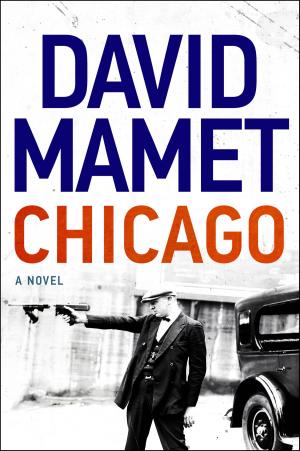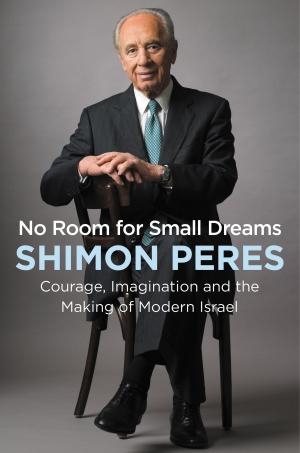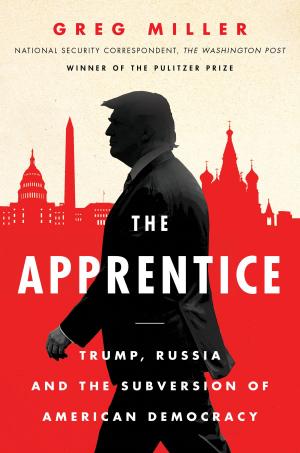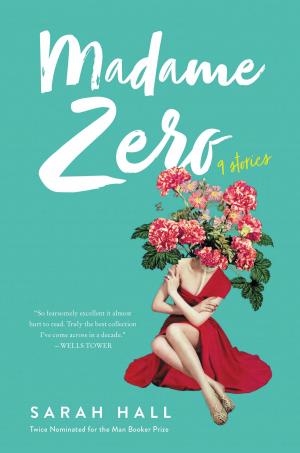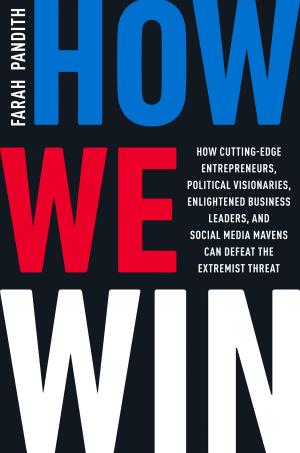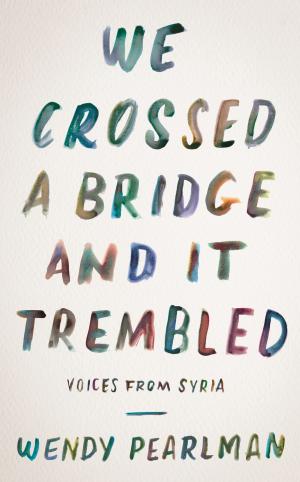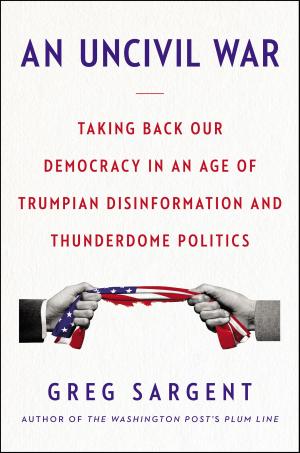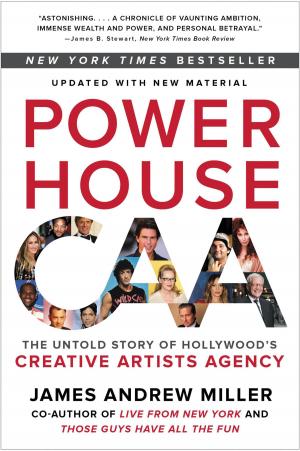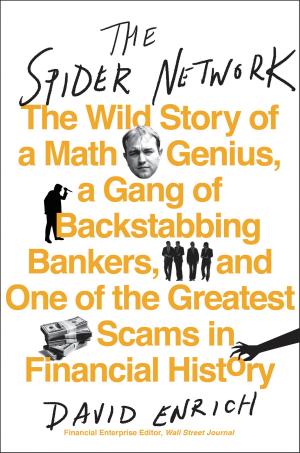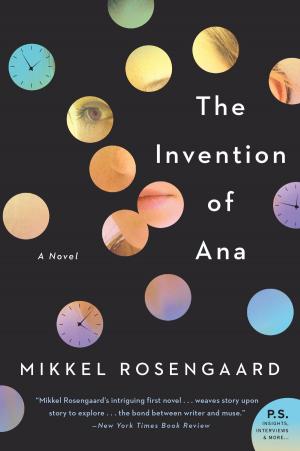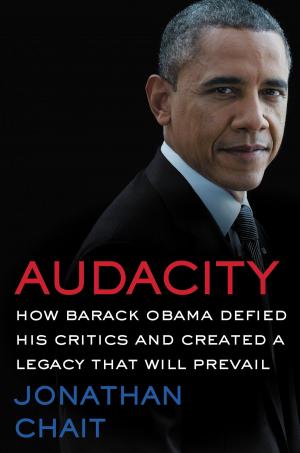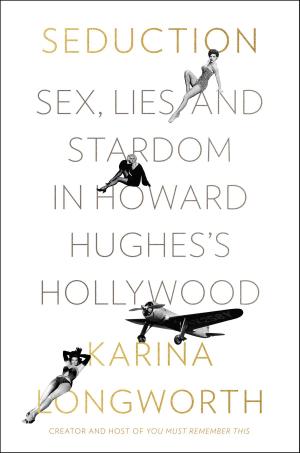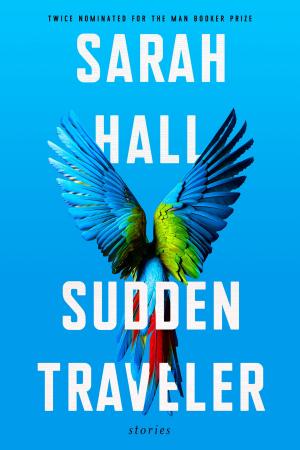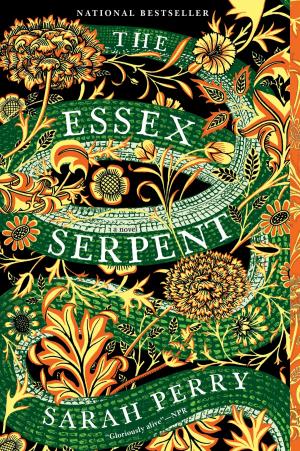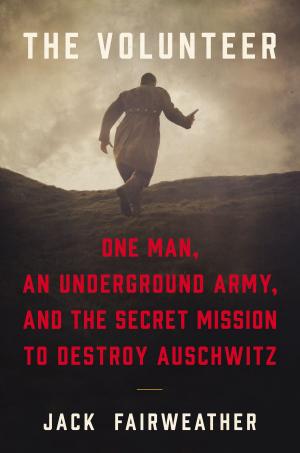Cold Warriors
Writers Who Waged the Literary Cold War
Fiction & Literature, Literary Theory & Criticism, Books & Reading, Nonfiction, Social & Cultural Studies, Political Science, International, International Relations, History, Modern, 20th Century| Author: | Duncan White | ISBN: | 9780062449825 |
| Publisher: | Custom House | Publication: | August 27, 2019 |
| Imprint: | Custom House | Language: | English |
| Author: | Duncan White |
| ISBN: | 9780062449825 |
| Publisher: | Custom House |
| Publication: | August 27, 2019 |
| Imprint: | Custom House |
| Language: | English |
A brilliant, invigorating account of the great writers on both sides of the Iron Curtain who played the dangerous games of espionage, dissidence and subversion that changed the course of the Cold War.
During the Cold War, literature was both sword and noose. Novels, essays and poems could win the hearts and minds of those caught between the competing creeds of capitalism and communism. They could also lead to exile, imprisonment or execution if they offended those in power. The clandestine intelligence services of the United States, Britain and the Soviet Union had secret agents and vast propaganda networks devoted to literary warfare. But the battles were personal, too: friends turning on each other, lovers cleaved by political fissures, artists undermined by inadvertent complicities.
In Cold Warriors, Harvard University’s Duncan White vividly chronicles how this ferocious intellectual struggle was waged on both sides of the Iron Curtain. The book has at its heart five major writers—George Orwell, Stephen Spender, Mary McCarthy, Graham Greene and Andrei Sinyavsky—but the full cast includes a dazzling array of giants, among them Aleksandr Solzhenitsyn, John le Carré, Richard Wright, Ernest Hemingway, Boris Pasternak, Gioconda Belli, Arthur Koestler, Vaclav Havel, Joan Didion, Isaac Babel, Howard Fast, Lillian Hellman, Mikhail Sholokhov —and scores more.
Spanning decades and continents and spectacularly meshing gripping narrative with perceptive literary detective work, Cold Warriors is a welcome reminder that, at a moment when ignorance is celebrated and reading seen as increasingly irrelevant, writers and books can change the world.
Cold Warriors includes 20-30 black-and-white photographs.
A brilliant, invigorating account of the great writers on both sides of the Iron Curtain who played the dangerous games of espionage, dissidence and subversion that changed the course of the Cold War.
During the Cold War, literature was both sword and noose. Novels, essays and poems could win the hearts and minds of those caught between the competing creeds of capitalism and communism. They could also lead to exile, imprisonment or execution if they offended those in power. The clandestine intelligence services of the United States, Britain and the Soviet Union had secret agents and vast propaganda networks devoted to literary warfare. But the battles were personal, too: friends turning on each other, lovers cleaved by political fissures, artists undermined by inadvertent complicities.
In Cold Warriors, Harvard University’s Duncan White vividly chronicles how this ferocious intellectual struggle was waged on both sides of the Iron Curtain. The book has at its heart five major writers—George Orwell, Stephen Spender, Mary McCarthy, Graham Greene and Andrei Sinyavsky—but the full cast includes a dazzling array of giants, among them Aleksandr Solzhenitsyn, John le Carré, Richard Wright, Ernest Hemingway, Boris Pasternak, Gioconda Belli, Arthur Koestler, Vaclav Havel, Joan Didion, Isaac Babel, Howard Fast, Lillian Hellman, Mikhail Sholokhov —and scores more.
Spanning decades and continents and spectacularly meshing gripping narrative with perceptive literary detective work, Cold Warriors is a welcome reminder that, at a moment when ignorance is celebrated and reading seen as increasingly irrelevant, writers and books can change the world.
Cold Warriors includes 20-30 black-and-white photographs.

